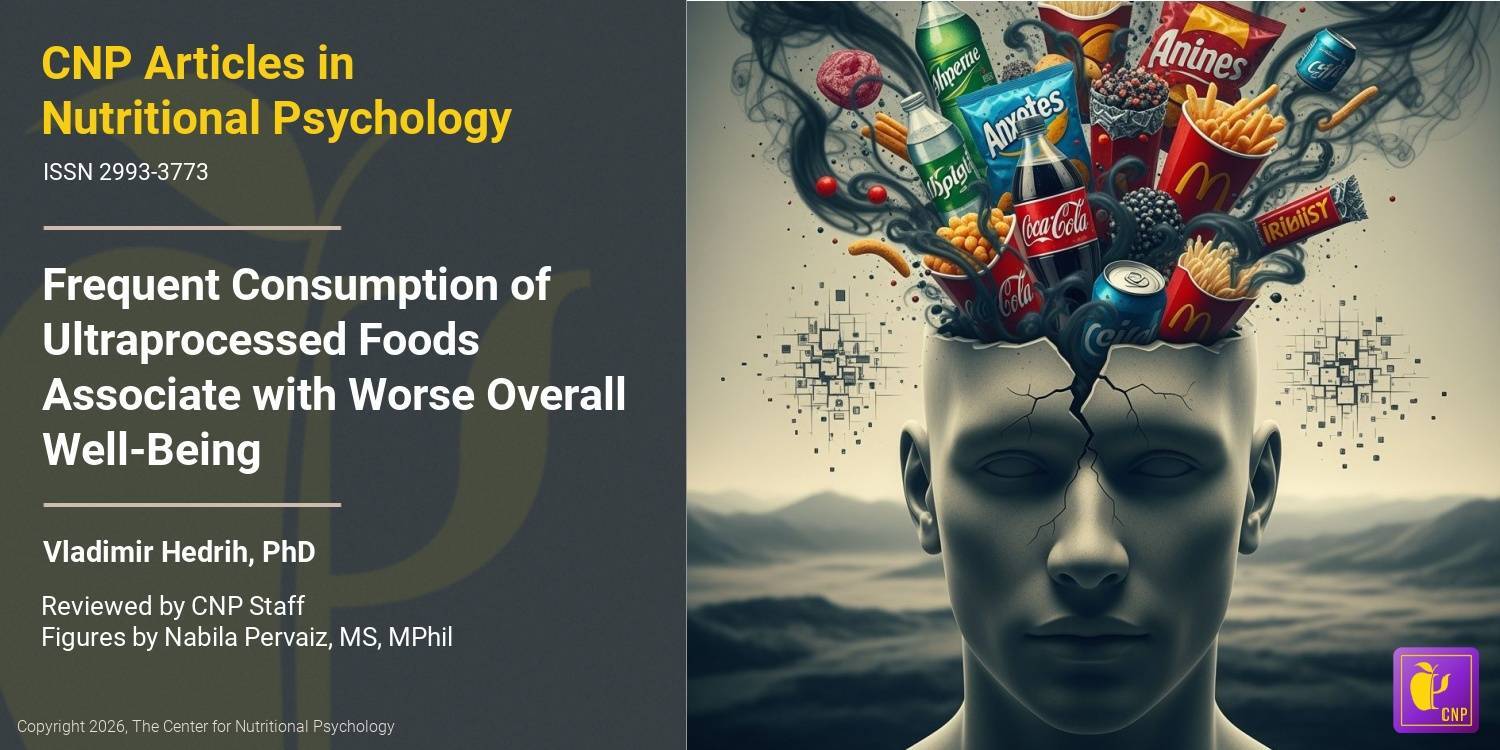Intermittent fasting-short- and long-term quality of life, fatigue, and safety in healthy volunteers: A prospective, clinical trial
Intermittent fasting (IF), characterized by alternating periods of eating and fasting without explicit caloric restriction, has gained widespread popularity not only as a weight loss strategy but also as a potential method to enhance quality of life (QoL) and reduce fatigue. Despite increasing interest, evidence supporting these benefits in healthy populations remains limited. This prospective cohort study aimed to evaluate the effects of a 16:8 intermittent fasting regimen—16 hours of fasting per day—on QoL and fatigue over a three-month period in a healthy adult population. Healthy adult participants were enrolled in a prospective cohort study and instructed to follow a 16-hour fasting protocol at least five days per week, maintaining their usual lifestyle and activity levels. QoL was assessed using the World Health Organization-Five Well-Being Index (WHO-5) and the Short Form Health Survey (SF-36). Fatigue was evaluated using the Fatigue Assessment Scale (FAS) and the Fatigue Severity Scale (FSS). Blood biomarkers, including insulin-like growth factor 1 (IGF-1), were measured to explore metabolic changes. Data were collected at baseline, 2 weeks, 4 weeks, and at 3 months. Thirty participants completed the full three-month fasting protocol. Significant improvements in QoL were observed, as indicated by an increase in WHO-5 scores (p < 0.0019) and six out of eight SF-36 domains, including physical functioning (p = 0.015), mental health (p < 0.001), and bodily pain (p = 0.008). Mental and physical fatigue scores significantly declined based on the FAS ( p = 0.002) and FSS (p < 0.001). This study demonstrates that a 16:8 intermittent fasting regimen practiced over a three-month period can significantly enhance multiple dimensions of QoL—including physical, mental, and social well-being—and reduce fatigue in a healthy adult population. These benefits were observed without compromising safety or daily functioning, including among shift workers and those in physically demanding occupations. The observed reduction in IGF-1, a biomarker linked to tumor proliferation, suggests additional potential health benefits, particularly for individuals at risk for cancer. Intermittent fasting appears to be a safe, practical, and effective lifestyle intervention for promoting overall well-being in healthy individuals.
Year: 2022

 Navigation
Navigation








